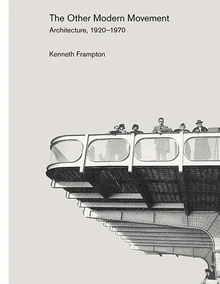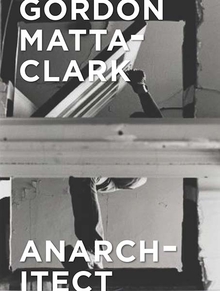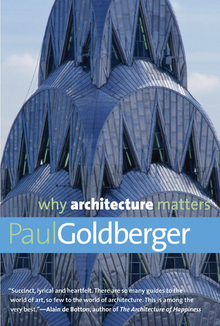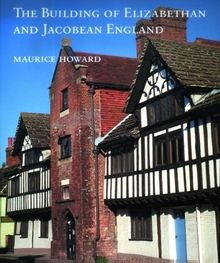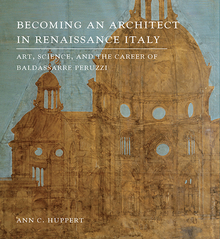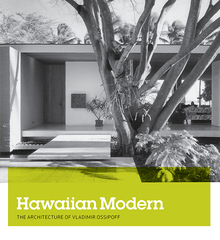The Other Modern Movement
WARNING
You are viewing an older version of the Yalebooks website. Please visit out new website with more updated information and a better user experience: https://www.yalebooks.com
Architecture, 1920–1970
Kenneth Frampton

Read this book online via the A&AePortal, our art and architectural history eBook platform. To learn more about how to access this book, please contact us.
A revealing new look at modernist architecture, emphasizing its diversity, complexity, and broad inventiveness
“[Frampton] remains a formidable force in architecture . . . The Other Modern Movement offers an opportunity to re-examine the Western canon of 20th-century architecture—which Frampton himself was crucial in establishing—and delve deeper into the work of lesser-known practitioners.”—Josephine Minutillo, Architectural Record
Usually associated with Mies and Le Corbusier, the Modern Movement was instrumental in advancing new technologies of construction in architecture, including the use of glass, steel, and reinforced concrete. Renowned historian Kenneth Frampton offers a bold look at this crucial period, focusing on architects less commonly associated with the movement in order to reveal the breadth and complexity of architectural modernism. The Other Modern Movement profiles nineteen architects, each of whom consciously contributed to the evolution of a new architectural typology through a key work realized between 1922 and 1962.
Frampton’s account offers new insights into iconic buildings like Eileen Gray’s E-1027 House in France and Richard Neutra’s Kaufmann House in Palm Springs, California, as well as lesser-known works such as Antonin Raymond’s Tokyo Golf Club and Alejandro de la Sota’s Maravillas School Gymnasium in Madrid. Foregrounding the ways that these diverse projects employed progressive models, advanced new methods in construction techniques, and displayed a new sociocultural awareness, Frampton shines a light on the rich legacy of the Modern Movement and the enduring potential of the unfinished modernist project.
Kenneth Frampton is an architect and historian and is Ware Professor Emeritus at the Graduate School of Architecture, Planning, and Preservation at Columbia University. He is the author of many books, including Studies in Tectonic Culture, A Genealogy of Modern Architecture, and Modern Architecture: A Critical History.
Publication Date: January 25, 2022
580 duotone illus.

